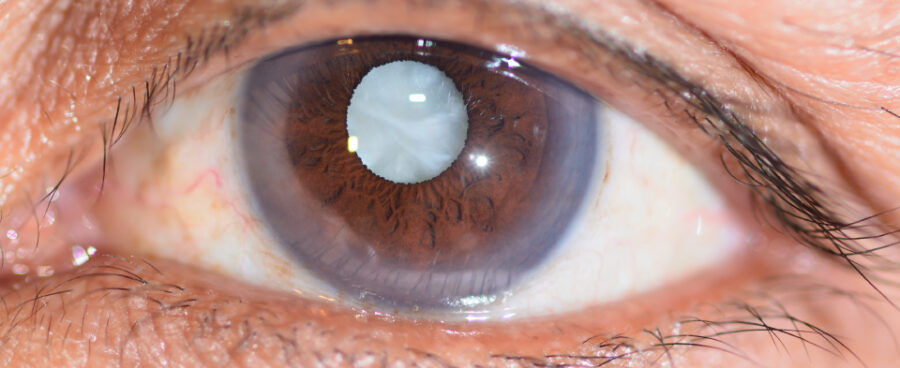Specialist Ophthalmologist
B.Sc. (UOFS), B.OPTOM. (UNIN), F.O.A. (S.A.), MB. ChB. (Stell), F.C. OPHTH. (S.A.), M. MED. OPHTH. (Stell)
Cataracts
What Causes Cataracts?
You develop them when protein builds up in the lens of your eye and makes it cloudy. This keeps light from passing through clearly. It can cause you to lose some of your eyesight. There are different types of cataracts. They include:
-
Age-related. These form as you get older.
-
Congenital. This is what doctors call it when babies are born with cataracts. They may be caused by infection, injury, or poor development in the womb. Or, they can form in childhood.
-
Secondary. These happen as a result of other medical conditions, like diabetes. They can also result from being around toxic substances, ultraviolet light, or radiation, or from taking medicines such as corticosteroids or diuretics.
-
Traumatic. These form after an injury to the eye.
-
Other things that can raise your chances of getting cataracts include cigarette smoke, air pollution, and heavy drinking.
What Are the Symptoms?
Cataracts usually form slowly. You may not know you have them until they start to block light. Then you might notice:
-
Vision that’s cloudy, blurry, foggy, or filmy.
-
Nearsightedness (in older people).
-
Changes in the way you see color.
-
Problems driving at night (glare from oncoming headlights, for example).
-
Problems with glare during the day.
-
Double vision in the affected eye.
-
Trouble with eyeglasses or contact lenses not working well.
What’s the Treatment?
If your vision can be corrected with glasses or contacts, your doctor will give you a prescription. If it can’t, and cataracts are a problem in your daily life, you may need cataract surgery.
It’s done on an outpatient basis, meaning you’ll go home the same day, and it’s usually very successful. The surgeon will remove your lens and replace it with a man-made one. More than 95% of people who have this done say they can see better afterward.
How Are They Diagnosed?
Your eye doctor will give you an exam to test how well you can see. He’ll also dilate your pupil to check the lens and other parts of the eye. Remember to bring your glasses or contacts to the appointment.


